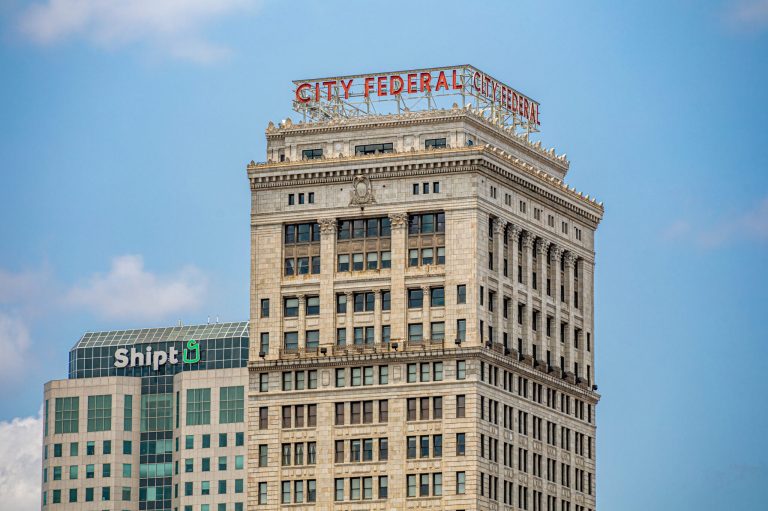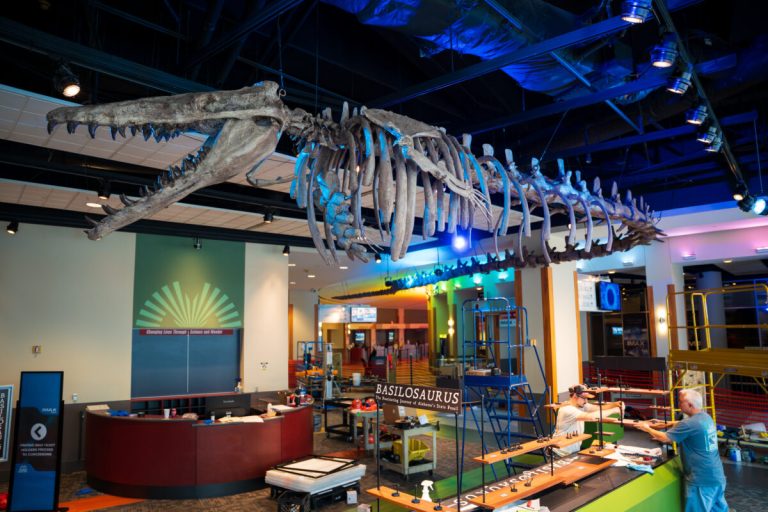Reviewed by: Sharron Swain
This Birmingham man is using his healthcare journey to encourage locals—check out his story now
Reading time: 3 minutes
Sponsored

A couple of years ago, what Mike Walker thought was COVID-19 revealed itself to be a massive pulmonary embolism (a blood clot that blocks blood flow to the lungs). After having surgery at UAB and being treated by Birmingham-area doctors and nurses, Mike now has an entirely different view on healthcare.
Using his own healthcare journey as a guide, Mike is educating locals on becoming “your own health advocate” thanks to opportunities through UAB, including his role as a Community Engagement Coordinator and the Alabama Community Engagement Alliance Community Research Institute (CRI).
Keep reading for his story.
A partnership to move health equity forward
The pandemic’s impact on Birmingham’s Black community left many with a tough decision: to vaccinate or not to vaccinate.
Enter the UAB Minority Health & Health Equity Research Center (MHERC) and Birmingham-based healthcare technology company Acclinate.
This partnership seeks to build trust with the Black community and other communities of color so they can make informed health decisions.
Acclinate uses its digital platform NOWINCLUDED to provide people of color with an opportunity to:
- Access health resources
- Learn about clinical research
- Share personal health stories
UAB and Acclinate also partnered with the National Institutes of Health (NIH) to make an even bigger impact. Through the NIH Community Engagement Alliance (CEAL), UAB and Acclinate became a part of teams from across the US that share accurate information about COVID-19 and ways to manage the disease.
Through the NIH Community Engagement Alliance (CEAL), UAB and Acclinate can share information about COVID-19 and ways to manage the disease.
Mike Walker is using his healthcare journey to encourage locals

In 2021, Mike Walker came across an Alabama Community Engagement Alliance (AL CEAL) job posting for a Community Engagement Coordinator (CEC) and decided to apply.
Knowing the work that AL CEAL did, he thought it was a great way to help reach people in the community with news about COVID-19 and other health information.
CRI provided the tools for him to continue his work with AL CEAL as a partner in community-engaged scientific research on health and wellbeing.
When Mike had his own health concerns, he found out about a lot of programs to help during the recovery process, which changed the way he viewed his job.
Q + A with Mike
How did working with UAB impact the way you thought about your personal health?
Walker: “My medical event, along with the surveys I was giving to citizens of Birmingham and surrounding areas made me think, ‘I was fortunate enough to have decent medical care but what about others who aren’t?’ Working with UAB changed how I viewed healthcare.”
What was your biggest takeaway working as a Community Engagement Coordinator?
Walker: “My health has made me more appreciative of being a CEC. Now I can speak from experience when I talk to people I’m serving. I can tell them that I’ve been through that, or I’ve been through a similar situation.”
Any final messages you’d like to share with the community?
Walker: “Voice your opinion about your community; voice your opinion about your health. When you go to the doctor, make sure you speak to the physician. Be your own health advocate.”
Find more stories like this at NOWINCLUDED + Acclinate.
Sponsored by:





